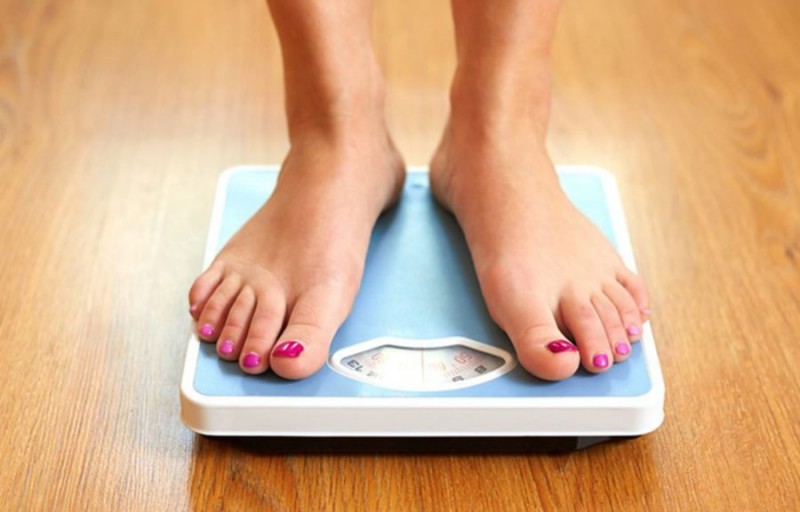
Weight loss is a goal that many individuals pursue fervently, often accompanied by a myriad of methods and techniques. The journey to shed excess pounds can be both exhilarating and challenging, leading some to question whether they are inadvertently sabotaging their efforts by losing sweat rather than fat. This article delves into the intriguing relationship between weight loss and sweating, exploring the misconceptions surrounding this process and offering insights into effective strategies for achieving sustainable results.
The Sweat Factor
Sweating is a natural physiological response that helps regulate body temperature. During physical activity, the body heats up, and sweat glands release moisture onto the skin's surface. As this sweat evaporates, it cools the body down. While sweating is associated with exertion and increased heart rate, it's essential to understand that weight loss is not solely a consequence of losing sweat.
The Weight Fluctuation
Rapid weight fluctuations are common and can be influenced by various factors, including hydration levels, food consumption, and the body's natural mechanisms. When we sweat, the body loses water, leading to a decrease in overall weight. However, this weight loss is temporary and is often regained once fluids are replenished through drinking. Sweating does not directly equate to fat loss. While sweating during exercise may contribute to a small amount of calorie expenditure, it is crucial to acknowledge that significant weight loss occurs primarily through a sustained calorie deficit, where the calories expended exceed the calories consumed.
The Calorie Equation
Effective and lasting weight loss is best achieved by understanding the fundamental principle of the calorie equation. To lose weight, individuals need to burn more calories than they consume. This can be accomplished through a combination of dietary changes and increased physical activity. While sweating may result in immediate weight loss due to fluid loss, it's important to focus on long-term strategies that promote fat loss for sustainable results.
Healthy Strategies for Weight Loss
Balanced Diet: Adopting a balanced and nutritious diet is essential for weight loss. Incorporate a variety of whole foods, including lean proteins, whole grains, fruits, and vegetables, while moderating calorie-dense and processed foods.
Regular Exercise: Engage in a consistent exercise routine that combines cardiovascular activities with strength training. This approach not only burns calories but also builds lean muscle mass, which can contribute to a higher metabolic rate.
Hydration: While sweating may lead to fluid loss, maintaining proper hydration is crucial for overall health and wellbeing. Drink water regularly throughout the day to support bodily functions.
Mindful Eating: Pay attention to portion sizes and practice mindful eating. This can help prevent overconsumption and promote a healthier relationship with food.
Sleep and Stress Management: Prioritize adequate sleep and manage stress effectively, as these factors can impact weight loss progress.
Sweating is an integral part of physical activity and serves to regulate body temperature. While it may lead to a temporary decrease in weight due to fluid loss, it is not a direct indicator of fat loss. The journey to successful and sustainable weight loss requires a multifaceted approach that includes a balanced diet, regular exercise, hydration, and mindful lifestyle choices. By understanding the science behind weight loss and focusing on healthy habits, individuals can achieve their goals without falling victim to misconceptions about sweating and its role in shedding pounds.
How to Create a Healthy and Balanced Diet Plan?
7 Warning Signs That Short-Term Memory Loss May Be Present
To Eat or Not to Eat Grapes if You Have Diabetes: Exploring the Sweet Dilemma